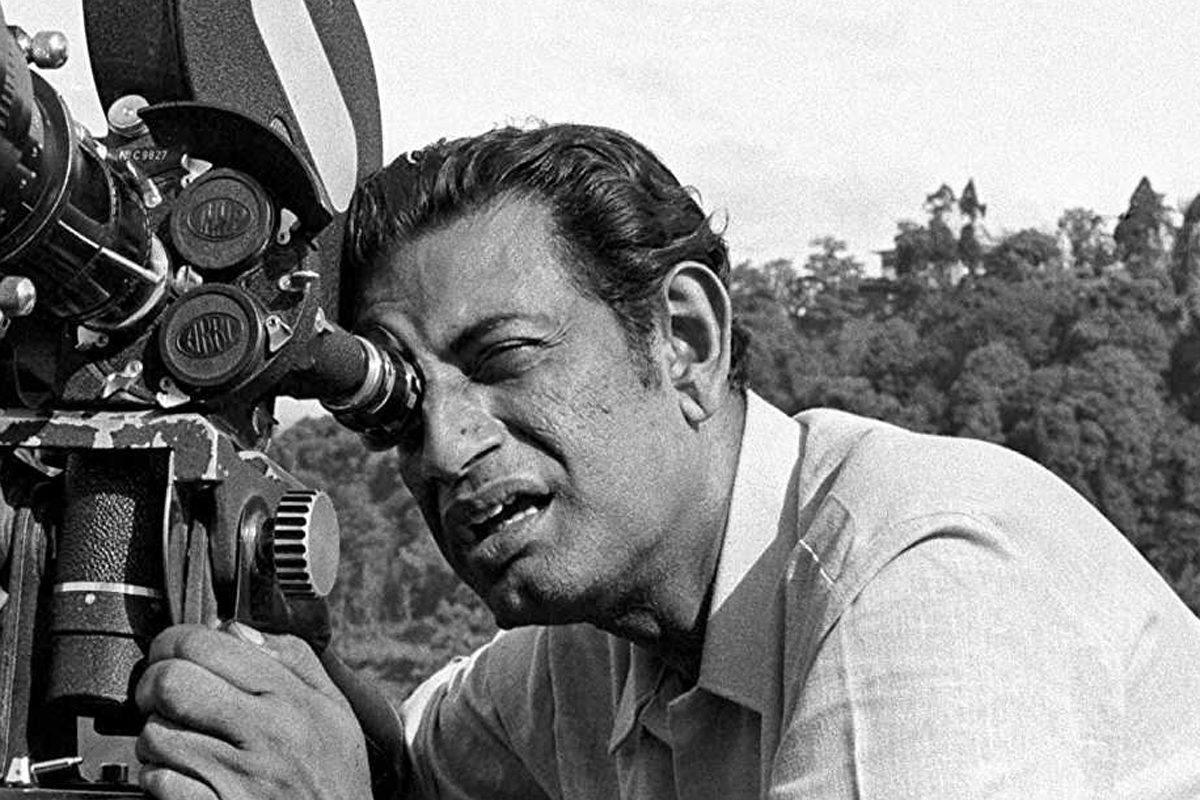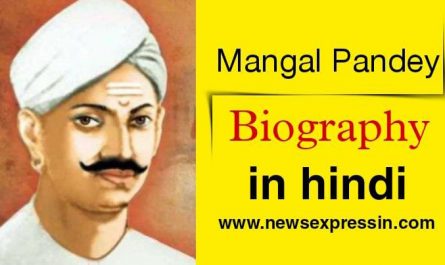Satyajit Ray is one of the best world renowned filmmakers of the 20th century. The name, Satyajit Ray, is not only synonymous with cinema but also with a way of life. He had a unique vision, unparalleled mastery over cinematic picturization and deep understanding of human nature. There was never any sense that he was trying to be something that he wasn’t; rather it was as if his identity and sensitivity were embedded in his very essence from birth itself- he just happened to be born as Satyajit Ray.
About Satyajit Ray
Satyajit Ray is one of the most renowned filmmakers in history. He was born on May 2, 1921 in Calcutta to a Bengali family. His father, Sukumar Ray was a popular writer, humorist and storyteller. Thus Satyajit grew up in an atmosphere that emphasized literature and the arts.
In his early teens he started composing music for puppet shows.
Life of Satyajit Ray
His birth
Satyajit Ray was born on May 2, 1921, in Calcutta (Kolkata), British India to a Bengali family. His father Sukumar Ray was a popular writer, humorist and storyteller. Thus Satyajit grew up in an atmosphere that emphasized literature and the arts.
Satyajit’s parents always encouraged him to pursue his dreams and so he pursued filmmaking without any hesitation.
Early years
Satyajit’s schooling was at the Presidency School and Presidency College in Calcutta. In 1940 he graduated with an honors degree in economics from the University of Calcutta but then Gandhi launched his non-violence movement which had a great impact on Satyajit’s mind.
His personal life
Satyajit’s father died when he was only 14 years old. After his father’s death he also lost his mother at a young age and had to support his siblings as well.
In 1940 Satyajit married Bijoya Das who worked with him in many of his films as well.
They had two sons Sandip and Supratik and a daughter, Mrinalini.
Satyajit Ray is arguably the most popular Bengali and Indian filmmaker of the modern era. He is also one of the most influential directors from the world cinema and made some of the greatest films like Pather Panchali, Aparajito, The Apu Trilogy etc which are regarded as milestones in world cinema as well.
Career
Satyajit Ray started his career as a film editor and has won the National Film Award for Best Film Editing for Shatranj Ke Khilari in 1951. In 1955 he was inducted in the national Ratna award committee.
His first independent film, Pather Panchali (1955), emboldened him to try his luck as a director himself.
He made his mark with Apur Sansar (1956) which was directed, produced and edited by him. He did not make another film for three years but also directed a few shorts like The Road to China (1959) and Parineeta (1961).
The Apu years (1950–1959)
But the films that made him world famous are the Apu trilogy- Pather Panchali (1955), Aparajito (1956) and Apur Sansar (1959). The Apu Trilogy is about a Bengali child, Apu, growing up in rural Bengal with his mother and sister. The films are nostalgic and emotional but also wondrously hopeful. They all receive critical acclaim when they were release.
Pather Panchali – a milestone of world cinema
Satyajit Ray’s debut feature film Pather Panchali was the first part of The Apu Trilogy which he produced, wrote and directed himself. The film was widely appreciated by critics as well as audiences across the globe. The film won the first ever National Film Award for best feature film in 1955. It is one of the most influential movie in world cinema and numerous filmmakers have emulated it.

Aparajit – a milestone in Bengali cinema
Aparajito was made three years after Pather Panchali was release. The film was also critically acclaim and it also won a National Film Award. This is the second part of The Apu Trilogy and it focuses on Apu’s life as an adult with his wife and children.
Apu Sansar – a milestone in Bengali cinema
The last part of The Apu Trilogy, Apur Sansar was Satyajit Ray’s last film as a director. It won another National Film Award for the year and it was very well receive by critics. The film was highly acclaim and it is regard as one of the best films in world cinema.
From Devi to Charulata (1959–1964)
In 1959 Satyajit Ray made the film Devi. In 1960 he made the film Charulata. These two films have become widely consider as Satyajit Ray’s best work and they are regard as two of his greatest films by critics around the world.
His films have always had a feminist perspective and they depict the oppression and exploitation of women.
From the late 50’s to the mid 60’s Satyajit Ray made films that were inspire by literature. They all focused on human relationships.
In 1960 he made the film Aparajit which is based on a short story, Charulata by Sarat Chandra Chattopadhyay. The film won an Academy award for best foreign language film in 1963. This film is regard as one of the best films in world cinema because of how beautiful it is and how it has been interpret so many times by filmmakers all over the world.
New directions (1965–1982)
From the mid 60’s to late 70’s Satyajit Ray took up more commercial and socially relevant films like The Big City (1970), Pratidwandi (1971) and Jana Aranya (1975).
These three films were very different from his earlier works but they still show his unique style of filmmaking and have a similarity in themes. All three films are consider milestones in world cinema as they depict human life and human emotions in an extraordinary manner.
Towards the end of 70s, Satyajit Ray started working on some smaller projects which were mostly art house or experimental.
Awards and honors
Satyajit Ray won multiple accolades and awards in his lifetime. He was honor with an academy award for the best foreign-language film for the films Pather Panchali (1956) and Aparajito (1956). Ray also received an honorary lifetime achievement award from the Academy of Motion Picture Arts and Sciences in 1992.
He has won multiple national awards as well. Satyajit Ray won the national film awards for Best Film Editing, Best Feature Film in Bengali, Special Jury Award, Best Direction Award, etc. In 1999 he was award an honorary Academy Award for lifetime achievement in filmmaking. He gets Bharat Ratna for his contribution to the field of arts and literature.
He has also been honor with Padma Shree, Dada Saheb Phalke Award, Fukuoka Asian Film Festival Lifetime Achievement Award, Japan’s highest civilian award Order of the Rising Sun, and numerous other awards.
Satyajit Ray has influenced generations of filmmakers all over the world including Martin Scorsese, James Ivory, Wes Anderson, François Truffaut, and many others. He was once called “The prisoner of empathy” by a critic.
He is one of the greatest filmmakers who have ever lived and he is one of the legends in world cinema who will always be remember.



